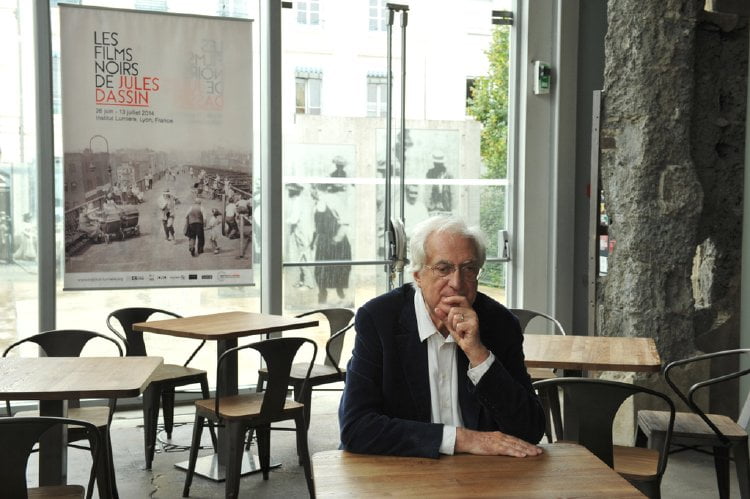My Journey Through French Cinema

French filmmaker Bertrand Tavernier has been practicing his art for over a half century. The directors and actors he grew up watching as a kid affected him immensely. Tavernier delves deeply into those Gallic filmmakers and their craft in “My Journey Through French Cinema.”
Laura's Review: A-
When he was three years old, writer/director Bertrand Tavernier ("Coup de Torchon," "The Princess of Montpensier") witnessed his country's liberation from the Germans from his parents' terrace in Lyon. Now, he tells us, the light of the cinema screen always reminds him of seeing the sky lit up that night. Following the lead of Martin Scorsese, whose "A Personal Journey with Martin Scorsese Through American Movies" and "My Voyage to Italy" documented his personal reflections on the cinema of those countries, Tavernier relates his life with the movies in "My Journey through French Cinema." Some have complained that in 3 hours and 15 minutes, Tavernier only goes as far as the 1970's in his cinematic journey, but they're missing the point. Our deeply knowledgeable, analytical and amiable guide focuses on his own experience with the cinema and how his various jobs (assistant, critic, publicist) networked him with a who's who of French filmmakers. Tavernier mainly focuses on the old guard, with Jacques Becker, Jean Renoir, Marcel Carné, Gréville, Jean-Pierre Melville and Claude Sautet's work receiving the lion's share of the documentary's running time with actor Jean Gabin getting his own spotlight. He may dip into the French New Wave directors he frequently saw in the offices of Rome-Paris Films, Varda's 'Cleo from 9 to 5' receiving the most attention, but it is Melville and Sautet he considers his 'godfathers of cinema.' The first film Tavernier remembers is Becker's "Dernier atout" which he saw at the age of six. He talks about Renoir's unfortunate favor currying with the Vichy Government during the war years (later, in a shocking anecdote, we'll hear about how Gréville, who Tavernier claims made the only openly anti-German film during that time, wished to make the first post-Liberation movie, only to find that all of his actors who'd played anti fascists had been jailed for collaboration!). But Tavernier loved Renoir's films, which he posits were an attempt to reverse his painter father's elimination of depth of field. Gréville died so broke Tavernier and others pooled together to pay for his burial, touched by a check which arrived from Carné. His films are little known in the U.S. Tavernier encourages us to rediscover them. As he does many others. I became enamored of Sautet in the 1990's, but am unfamiliar with his "Max et les ferrailleurs," which Tavernier discusses at length here. He's full of anecdotes on Melville and his studio. There are frequent analyses of how Hollywood and its French counterpart reflected upon one another and some tremendous insights into the use of music in film. We learn that the theater of his youth, Lyon's Le Club, featured strip teases during intermission and that he once had his glasses crushed protecting Henri Langlois. Even if you think you are well versed in French cinema, there will be surprises to be found here. In fact, some enterprising programmer should consider building a retrospective around this documentary. Until then, Tavernier proves a delightful raconteur and historian. Grade:

